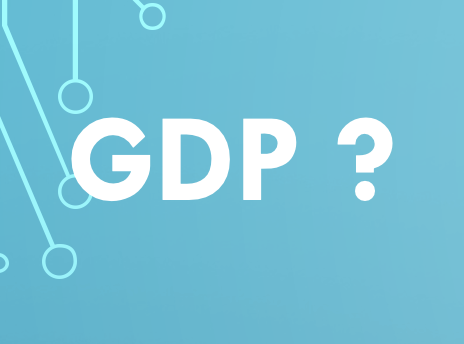Gross Domestic Product (GDP) is a measure of the total value of all goods and services produced within a country’s borders during a specific period, usually a year. GDP is one of the most important indicators of a country’s economic performance, as it provides insight into the overall health of an economy.
Here are some of the ways in which GDP impacts a country’s economy:
👁️ Economic growth: When GDP increases, it is usually a sign of economic growth. A growing economy means that businesses are producing more goods and services, and consumers are spending more money. This, in turn, can lead to increased investment, job creation, and higher wages, all of which contribute to overall economic growth.
👁️ Standard of living: A high GDP per capita generally translates to a higher standard of living for the citizens of a country. This is because a higher GDP means there is more money circulating in the economy, which can lead to improved infrastructure, better healthcare, and higher levels of education.
👁️ Government revenue: Governments often rely on taxes to fund public services and infrastructure projects. A higher GDP usually means that there is more money available for the government to collect in taxes, which can be used to improve the economy further.
👁️ International trade: A country’s GDP can also impact its ability to engage in international trade. A higher GDP often means that a country can produce and export more goods and services, which can lead to increased foreign investment and improved trade relationships with other countries.
👁️ Employment opportunities: A growing economy with a higher GDP usually translates to more job opportunities, which can improve the overall quality of life for citizens by providing them with steady income.
In conclusion, a country’s GDP is a critical factor in determining its overall economic health and can impact many areas, including economic growth, standard of living, government revenue, international trade, and employment opportunities.


